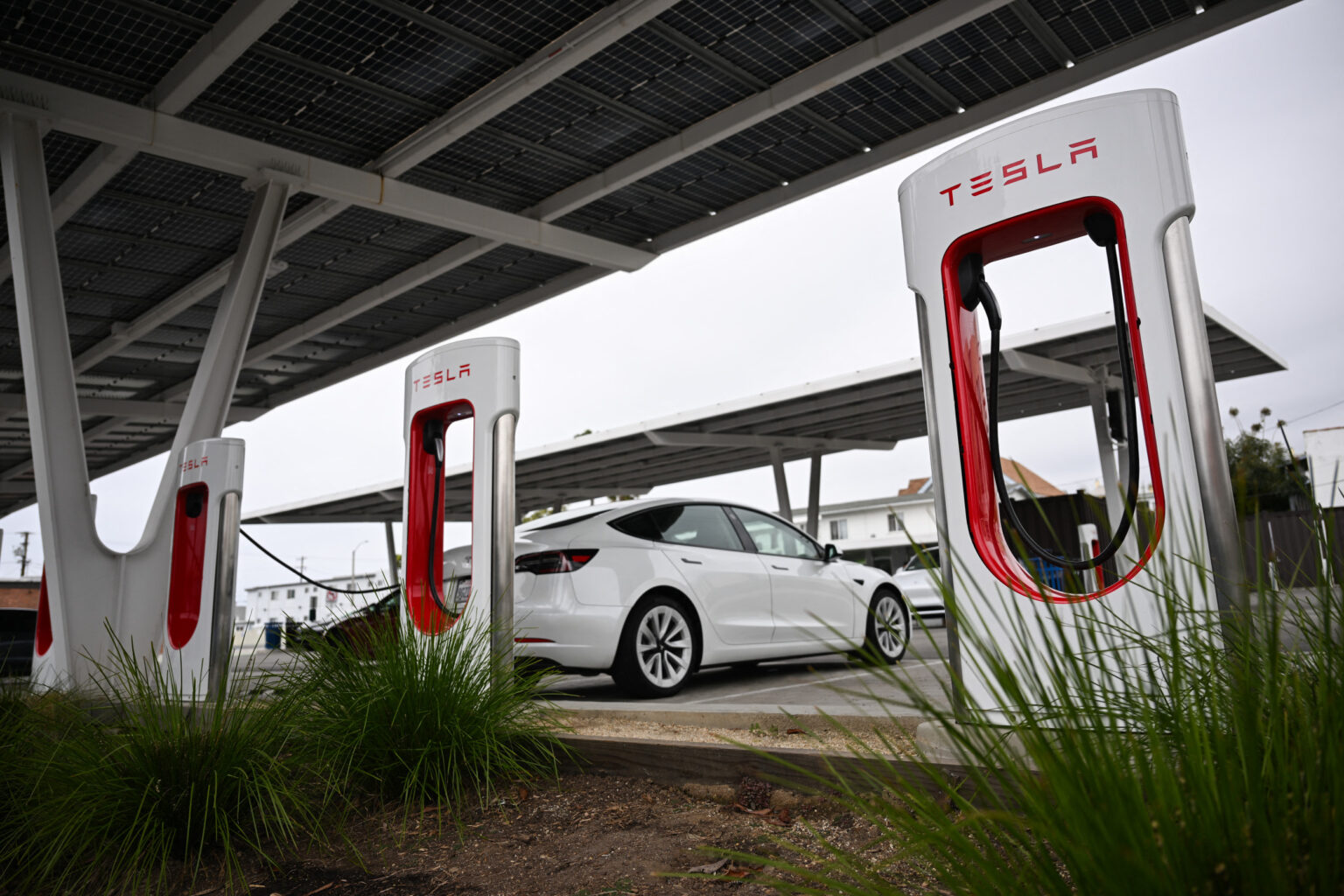Generation Z, long considered a bellwether for progressive consumer behavior, is showing signs of shifting priorities—away from environmental commitment and toward financial pragmatism.
New data from consumer research platform GWI shows that the percentage of Gen Z consumers who say they would pay more for environmentally friendly products has declined by 5 percentage points since 2020. That figure now sits slightly below the willingness of the average internet user.
Why It Matters
The cultural narrative that Gen Z is inherently more eco-conscious than other generations is being tested by rising economic pressures. As cost-of-living challenges and job market anxieties mount, Gen Z’s consumer values are evolving.
For many, financial security is becoming more important than aligning every purchase with environmental ideals.
What To Know
While Gen Z has previously been praised for its sustainability values, the new consumer research and behavioral trends suggest a cooling off.
The number of Gen Zers who identify as “money-driven” has grown from 28 percent to 31 percent over the last four years. During the same period, the share who say protecting the environment is important dropped from 49 percent to 42 percent, and those who “always” recycle declined from 34 percent to 29 percent, according to the newly released survey.
Even though 67 percent of Gen Z believes their personal finances will improve in the next six months, financial stress is clearly shaping choices. More Gen Zers now say they’re interested in finance and investments (45 percent) than in protecting the planet (42 percent).
While Gen Zers still care about sustainability, they are becoming increasingly discerning about where they spend their money.
A BBC analysis found that young shoppers are more deliberate and strategic than impulsive, prioritizing product quality above price but growing more skeptical of sustainability claims that don’t also offer tangible value.
“[Gen Zers] are really savvy at going between their phone, their apps, the website, the store and back, again and again to figure out, ‘What do I want? What do I need? When am I going to get it?’ and being really intentional about that shopping,” Tamara Charm, partner at McKinsey & Company, told the BBC.
Despite these habits, Gen Z is still investing actively—just not in ways that necessarily align with climate values. Investments in gold, which has a heavy environmental footprint, are up 17 percent among Gen Zers, while general stock investments have climbed 12 percent year over year, according to GWI.
Meanwhile, some of the trendiest eco-conscious behaviors are losing ground.
Vegan food interest has fallen by more than half (from 19 percent to 9 percent) and the use of milk alternatives has dropped from 26 percent to 18 percent. Even charitable donations are declining, as 21 percent of Gen Zers now say they never give to charity.
What People Are Saying
Michael Ryan, finance expert and founder of MichaelRyanMoney.com, told Newsweek: “The decline in Gen Z’s willingness to pay green premiums reflects the harsh economic realities this generation faces. As much as they care about the planet, their financial situations often force difficult choices.”
“What we’re seeing isn’t Gen Z abandoning sustainability – they’re redefining it. They expect sustainability to be the standard, not the premium upgrade.”
Workplace demographics expert Bryan Driscoll told Newsweek: “Gen Z isn’t turning their back on sustainability so much as they’re getting priced out of it. This has nothing to do with shifting values. It’s about survival. You can’t afford the eco-friendly option when your rent just went up, again, your paycheck hasn’t kept pace with inflation, and Trump is making everything more expensive.”
Alex Beene, financial literacy instructor for the University of Tennessee at Martin, told Newsweek: “Inflation is being blamed for so many changes in consumer habits, so it’s not surprising that now it finds itself as a potential culprit in the war on climate change. Prior to rising prices, Gen Z consumers probably felt justified in paying a tad extra with the goal of helping the environment, but now that costs have seen dramatic upticks, those same customers may no longer feel those extra dollars spent are a smart choice.”
Kevin Thompson, CEO of 9i Capital Group and host of the 9innings podcast, told Newsweek: “It reflects a generation that’s being forced to make trade-offs. Gen Z is looking for savings wherever they can find it, even if that means going back to older, less eco-friendly technology. That said, the overall trend toward eco-friendly spending is still rising, but that growth is largely being driven by older generations who have the means to absorb the higher costs.”
What Happens Next
Whether Gen Z’s shifting values reflect temporary economic stress or a deeper generational pivot remains uncertain. Market researchers and brands are watching closely, as the generation that once championed corporate responsibility now demands that companies meet them not just with values, but with value.
“It also shows their growing skepticism toward corporate sustainability claims, demanding genuine commitment rather than marketing spin. They want receipts, not rhetoric,” Ryan said.
“As inflation and economic uncertainty continue to shape consumer behavior, brands must recognize that sustainability remains important to Gen Z – but the approach must evolve to meet their economic realities.”
For companies selling eco-friendly products, the challenge ahead is clear: Prove the worth or lose the sale.
“Gen Z grew up watching corporations greenwash everything while lobbying against climate legislation,” Driscoll said. “Now those same companies want to sell bamboo toothbrushes at luxury prices which most young people can’t afford today. It’s performative and tone-deaf.”
Are you a member of Gen Z who would pay more (or definitely would not) for an eco-friendly product? We’d love to hear from you. Please contact Suzanne Blake at s.blake@newsweek.com.
Read the full article here

